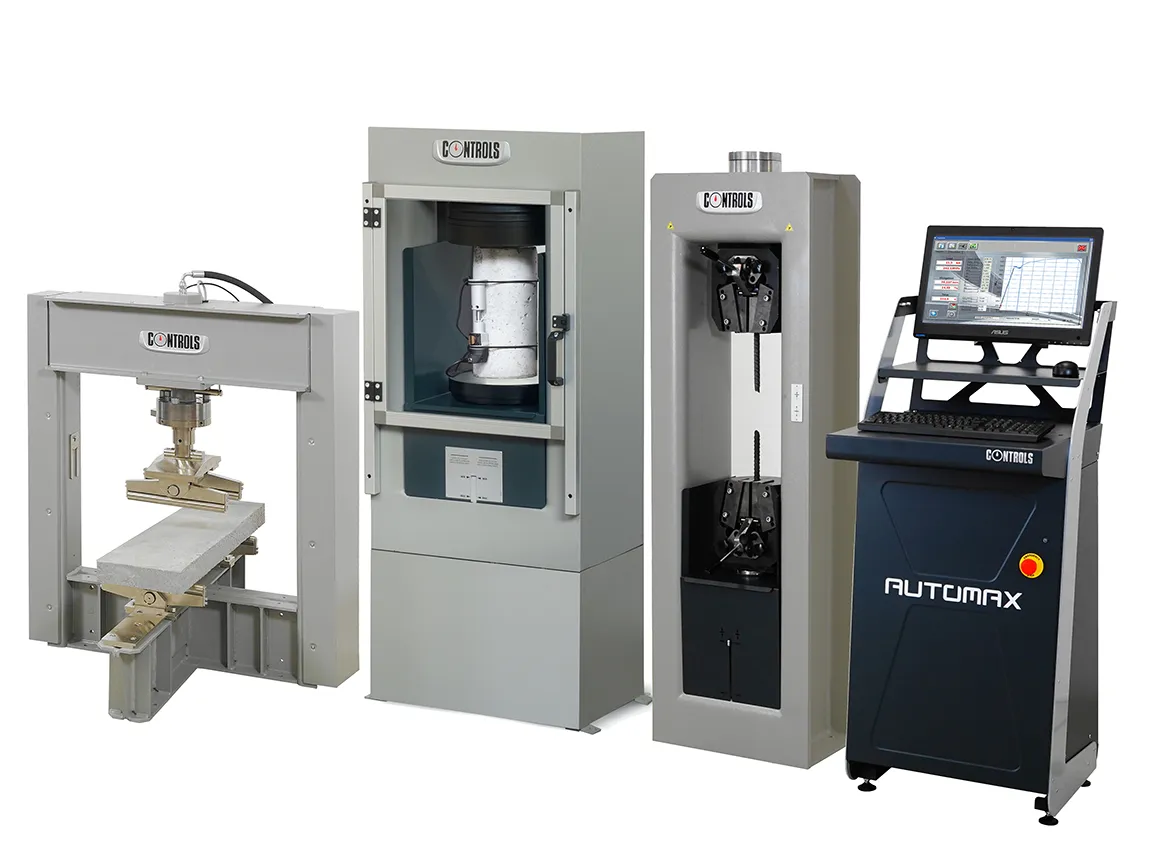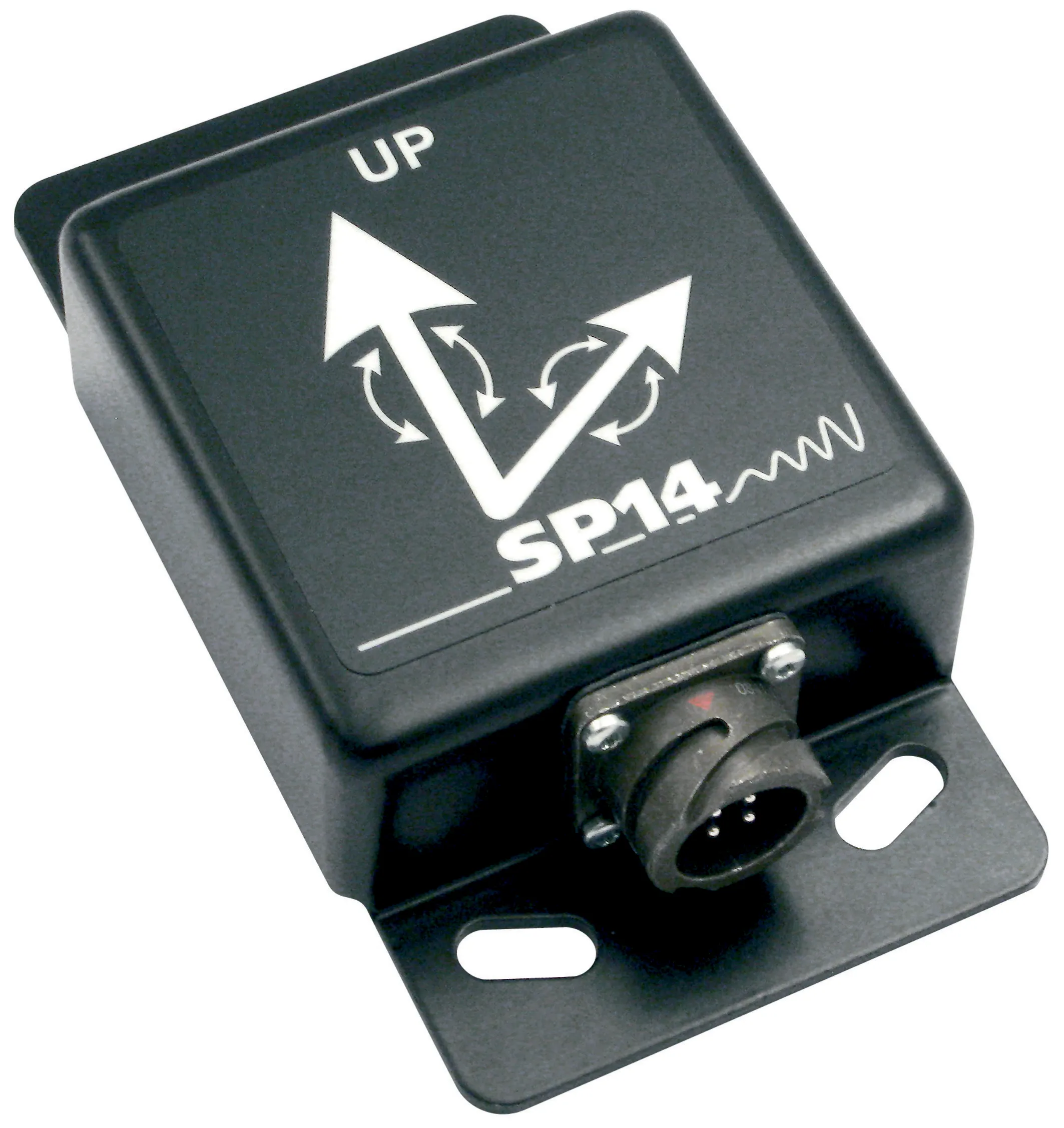
Pasquale Di Iorio, CONTROLS Group’s president and shareholder and CEO from 1996 to 2017 said, “We want to mark this 50th Anniversary year by celebrating our achievements with all our stakeholders, all of whom we value extremely highly and are very proud of.”
The firm has continued to innovate, recently launching its new AUTOMAX Multitest system. This unit is a versatile and modular automatic computerised control console for concrete, cement and steel rebar testing.
The firm introduced its first AUTOMAX for standard compression and flexure tests in 2000. This was followed by later versions, the AUTOMAX E-Modulus and UTM models for elastic modulus determination and steel tensile tests. The new AUTOMAX Multitest provides increased versatility offering step-by-step flexibility to upgrade your system to cover all your future testing needs, including demanding displacement controlled tests on fibre reinforced concrete (FRC).
Up to four different testing frames can be controlled with accessories and dedicated software packages from the wide range available. The AUTOMAX Multitest system can perform many tests including compression, flexural, cyclic modulus of elasticity and Poisson Ratio, steel tensile tests and displacement controlled FRC tests. The interface and dedicated software packages can work with specific test profiles and are matched to all the main standards. This is said to make it easy to perform advanced tests, following step-by-step instructions with minimal training improving repeatability, reducing variability and delivering accurate results. The modular and flexible AUTOMAX Multitest is aimed at private and industrial laboratories performing quality certification testing. It will also suit duties with construction site laboratories looking for a high-performing system that can grow with them over time, allowing them to manage budgets and giving all the flexibility they could need. Meanwhile, the new IMACS2 is the
second generation Integrated Multi-Axis Control system. This benefits from the latest UTS Neutron universal testing software, which is said to be versatile and powerful. The package allows users the power to perform testing without limits or keep things simple for QC use.
In addition, IPC Global, the advanced pavements testing systems division of CONTROLS Group is said to be breaking boundaries with new hardware and software. This allows users to achieve high-performance testing. The IMACS2 and UTS Neutron systems have been developed from the proven IMACS and UTS software, providing increased capabilities.
The package is said to deliver high technical specifications, efficient control and wave-shape fidelity. Benefits include flexibility from the modular and expandable configurations, safety from the plug-and-play TEDs automatic tranducer recognition and ease of use with either remote PC or local control from the colour LCD display.
The UTS Nutron system is “As easy as you want or, as complex as you need”, according to the company. This has been developed from the proven UTS plaftform and facilitates needs that include basic, efficient, foolproof QC testing for laboratory staff; the ability to modify existing tests for laboratory managers; and the flexibility to program a wide array of testing needs from scratch.









